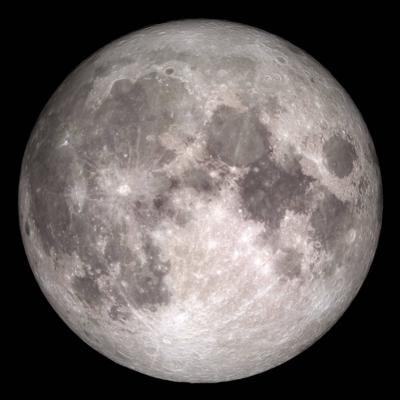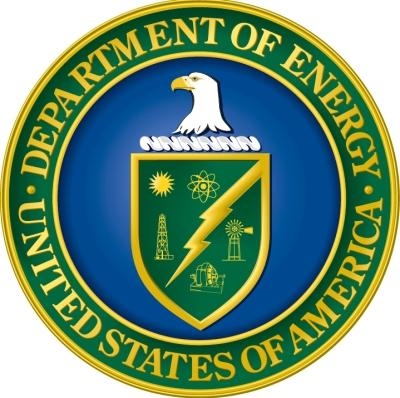Fri, Jun 24, 2022
Splitting for the Moon
NASA and the U.S. Department of Energy (DOE) have selected three design-concept proposals for a fission reactor system that would power human lunar endeavors under the project Artemis umbrella.

The contracts fund the development of initial design concepts for a 40-kilowatt class fission power system that can be transported to the moon by extant or near-future space-vehicles, then operate in the lunar environment for at least ten-years.
Relatively small and lightweight compared to electrical, fossil-fuel, or kinetic power systems, fission reactors are reliable and provide continuous power regardless of their position, surroundings, or ambient environmental conditions.
The successful demonstration of such a system on the Moon would bode well for long-duration, manned missions to the Moon and Mars.
The 12-month development contracts will be awarded to:
- Lockheed Martin of Bethesda, Maryland – The company will partner with BWXT and Creare.
- Westinghouse of Cranberry Township, Pennsylvania – The company will partner with Aerojet Rocketdyne.
-
IX of Houston, Texas, a joint venture of Intuitive Machines and X-Energy – The company will partner with Maxar and Boeing.

"New technology drives our exploration of the Moon, Mars, and beyond," said Jim Reuter, associate administrator for NASA's Space Technology Mission Directorate. "Developing these early designs will help us lay the groundwork for powering our long-term human presence on other worlds."
The data resultant of the developmental contracts will be applied to the design and production of both a fully flight-certified fission reactor and future nuclear propulsion systems that could help expand humanity’s purview beyond the solar-system.
The Artemis program, for which the lunar fission reactor is being developed, was undertaken in December 2017 for purpose of revitalizing the U.S. space program, NASA's stated short-term goal for the program is landing the first woman and first person of color on the Moon.
More News
Pilot Also Reported That Due To A Fuel Leak, The Auxiliary Fuel Tanks Were Not Used On June 4, 2025, at 13:41 eastern daylight time, a Piper PA-23, N2109P, was substantially damage>[...]
Have A Story That NEEDS To Be Featured On Aero-News? Here’s How To Submit A Story To Our Team Some of the greatest new stories ANN has ever covered have been submitted by our>[...]
From 2023 (YouTube Edition): Reflections on War’s Collective Lessons and Cyclical Nature The exigencies of war ought be colorblind. Inane social-constructs the likes of racis>[...]
Aero Linx: Colorado Pilots Association (CPA) Colorado Pilots Association was incorporated as a Colorado Nonprofit Corporation in 1972. It is a statewide organization with over 700 >[...]
High Speed Taxiway A long radius taxiway designed and provided with lighting or marking to define the path of aircraft, traveling at high speed (up to 60 knots), from the runway ce>[...]
 NTSB Prelim: Piper PA-23
NTSB Prelim: Piper PA-23 ANN FAQ: Submit a News Story!
ANN FAQ: Submit a News Story! Classic Aero-TV: One Mans Vietnam
Classic Aero-TV: One Mans Vietnam ANN's Daily Aero-Linx (07.03.25)
ANN's Daily Aero-Linx (07.03.25) ANN's Daily Aero-Term (07.03.25): High Speed Taxiway
ANN's Daily Aero-Term (07.03.25): High Speed Taxiway




